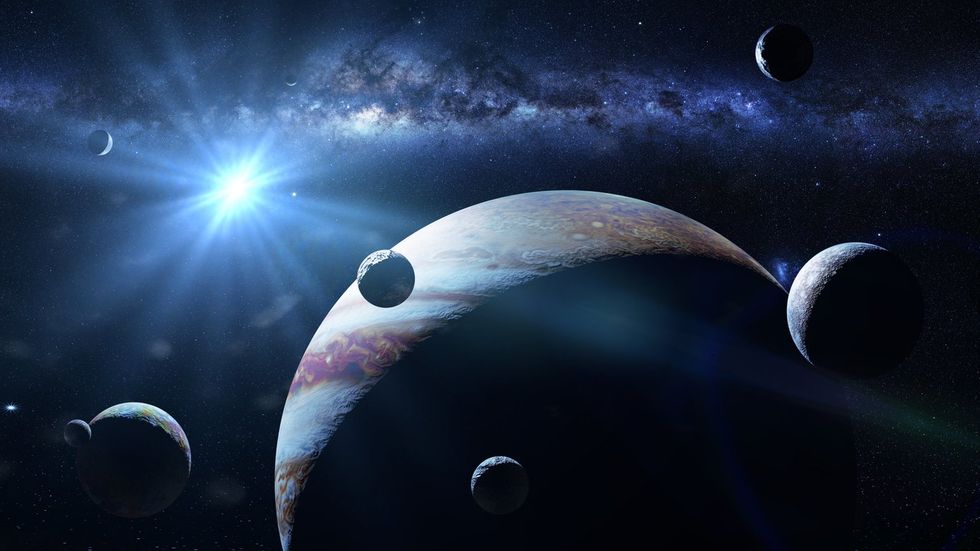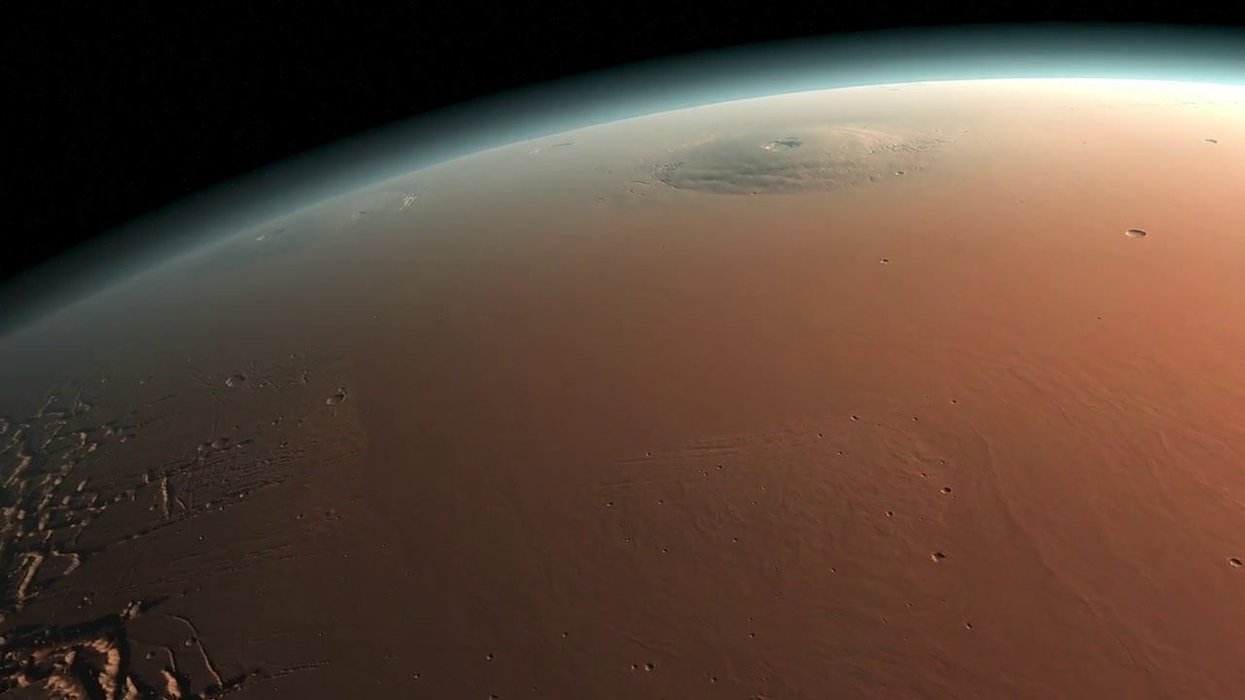Harry Fletcher
May 25, 2024
Scientists discover new planet that could potentially support human life
New York Post / VideoElephant
Scientists have discovered a promising new planet which could potentially support human life, new research has found.
Theoretically, humans could travel and live on the newly found planet, which is named Gliese 12b.
Of course, when scientists talk about planets being close by, it’s all relative. In fact, it’s a tremendously long way away – 40 light years, in fact.
The new findings suggest that humans could reach the planet, but it would take 300,000 years to get there.
The planet is thought to be around 42 degrees centigrade – so pretty hot, but still liveable. We also know that the planet is around the same size as Venus, and orbits its sun – a cool red dwarf called Gliese 12, every 12.8 days.
Larissa Palethorpe from University of Edinburgh led a team in conducting the research, using data obtained from NASA's Transiting Exoplanet Survey Satellite.

Palethorpe defined the description of a potentially livable planet, saying: "It'd be uncomfortable for a human but the way we define 'habitability' is that liquid water could exist on the surface of the planet, which in this case it could.”
Discussing the difficulties involved in collecting data on Gliese 12b, Palethorpe added: "Smaller planets are really hard to find. We want to know more about Earth-sized planets so we can understand how many other Earths are out there.
"Detecting one so nearby is really exciting because it allows us to do follow up analysis of the atmosphere, so we will be able to learn a lot more about it."
There’s still plenty of work to do when it comes to observing Gliese 12. As things stand, it’s not certain whether the planet has an atmosphere.
"It could actually be a planet with no atmosphere, which would mean it's not that habitable," Palethorpe said.
"Ideally for habitability, you want a thin atmosphere - thick-atmosphere planets tend to be too hot. It could be cloud like, it could be hazy, or it could just be no atmosphere at all."
The research was published this week in the Monthly Notices of the Royal Astronomical Society.
Scientists are uncovering all sorts of mysterious and unprecedented discoveries in outer space recently. First, we had the glowing planet completely covered in volcanoes, and now we have eyes on a planet made up of ‘super fluffy candy floss'.
Sign up for our free indy100 weekly newsletter
How to join the indy100's free WhatsApp channel
Have your say in our news democracy. Click the upvote icon at the top of the page to help raise this article through the indy100 rankings
Top 100
The Conversation (0)














